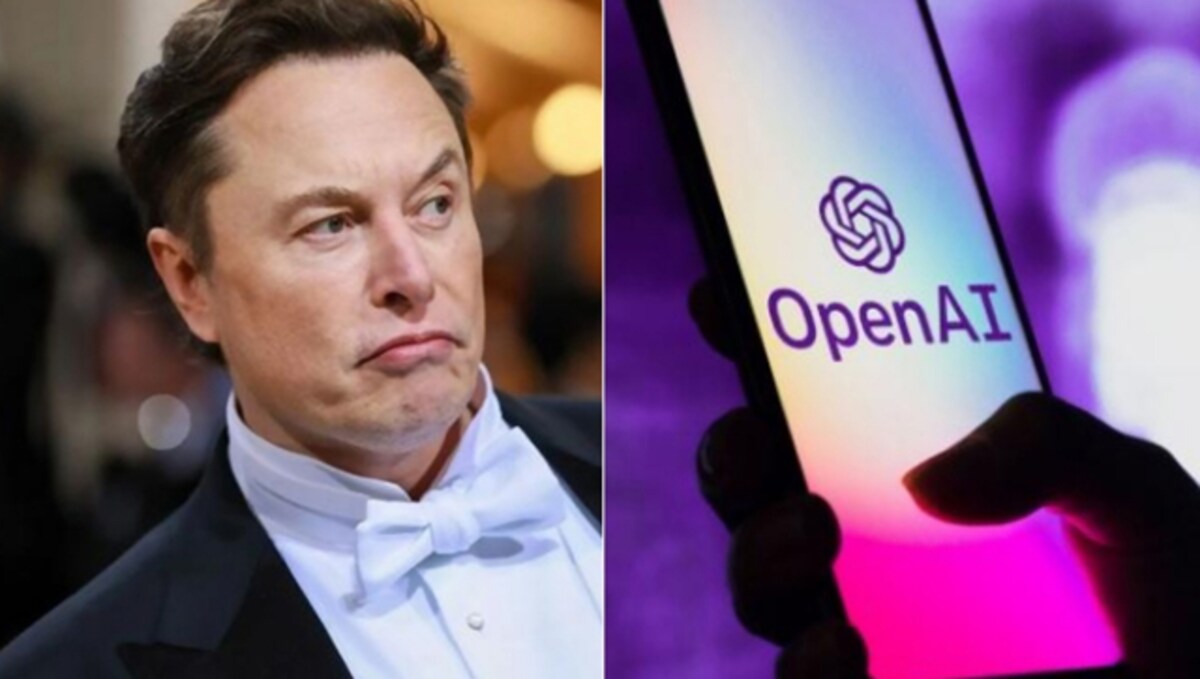Elon Musk’s frustration with OpenAI has been widely known since he left the organization’s board in February 2018. Recently, he voiced his concerns in an open letter, urging OpenAI to halt the development of more powerful AI systems.
In a CNBC interview after a Tesla shareholder’s meeting, Musk expressed his bewilderment at the transformation of OpenAI from a nonprofit, open-source entity to a for-profit, closed-source organization.
He likened it to funding a rainforest preservation group that ultimately became a lumber company, exploiting and selling the forest.
Musk’s criticism carries weight because he played a significant role in the launch of OpenAI. However, even Musk himself appears uncertain about the extent of his involvement.
In mid-March, he expressed confusion on Twitter, questioning how a nonprofit he had donated approximately $100 million to had transformed into a for-profit organization with a market capitalization of around $30 billion.

He clarified that he had donated the initial $100 million but had no ownership or control over OpenAI. The tax filings not only challenge the reported amount of Musk’s donations but also provide new insights into OpenAI’s financial landscape.
They reveal the extent of Reid Hoffman’s investment, the provision of free Teslas to early OpenAI engineers, and the mounting cost of computing resources that led to a $1 billion investment from Microsoft.
OpenAI’s financial situation has been murky since its inception in 2015. The organization aimed to advance digital intelligence for the benefit of humanity without the constraint of generating financial returns.
Musk, Sam Altman, Greg Brockman, Reid Hoffman, Peter Thiel, Amazon, Infosys, Y Combinator partner Jessica Livingston, and YC Research were listed as donors committing $1 billion.
However, the tax filings indicate that YC Research never donated any funds, and the actual amount donated to OpenAI’s nonprofit arm from its inception through 2021 was only $133.2 million.
Most of these funds were received before the establishment of OpenAI’s for-profit division in 2019, and the nonprofit itself is now largely inactive, with minimal donations in 2021 amounting to just $3,066.
Elon Musk’s OpenAI Donations Revised
Moving on to other founders, Sam Altman, OpenAI’s current CEO, initially loaned the organization $3.75 million and then forgave the full amount, resulting in a total gift of $3,784,637.
In 2016, Reid Hoffman made use of his foundation, Aphorism, to provide a $1 million contribution to YC. It is highly likely that this amount was subsequently transferred to OpenAI in 2017. Furthermore, Aphorism went on to directly donate $5 million to OpenAI in both 2017 and 2018.
The details of contributions made by Greg Brockman and Jessica Livingston were not disclosed by OpenAI. A modest donation of $100,000 was received in 2018 from Donor’s Trust, a donor-advised fund favored by conservatives and libertarians, with Thiel being associated with this group.
Open Philanthropy announced a $30 million donation to OpenAI in 2017, delivered in three $10 million gifts from 2017 to 2019 through a non-profit controlled by Facebook co-founder Dustin Moskovitz.

Holden Karnofsky, CEO of Open Philanthropy, was given a seat on OpenAI’s board due to their shared concerns about the risks associated with AI.
These details provide insight into the various contributions made to OpenAI by Musk, Altman, Hoffman, companies like Amazon and Microsoft, and the Open Philanthropy organization.
According to insiders at OpenAI, as revealed by Semafor, Musk stopped making donations around that time, leading to the establishment of a for-profit entity, OpenAI LP, which sought external investors.
By mid-2019, OpenAI had already depleted its Google computing budget and was in search of a new deal.
It’s worth noting that this calculation assumes that three founding donors (including Thiel), six newer donors, and various corporate supporters like Infosys did not contribute anything.
Ultimately, in the context of Musk’s overall finances, discrepancies of $35 million, $50 million, or even $85 million are relatively insignificant.
Given Musk’s recent valuation of Twitter at $20 billion, the second-richest person in the world has been losing well over $100 million every day since purchasing the company last autumn.











